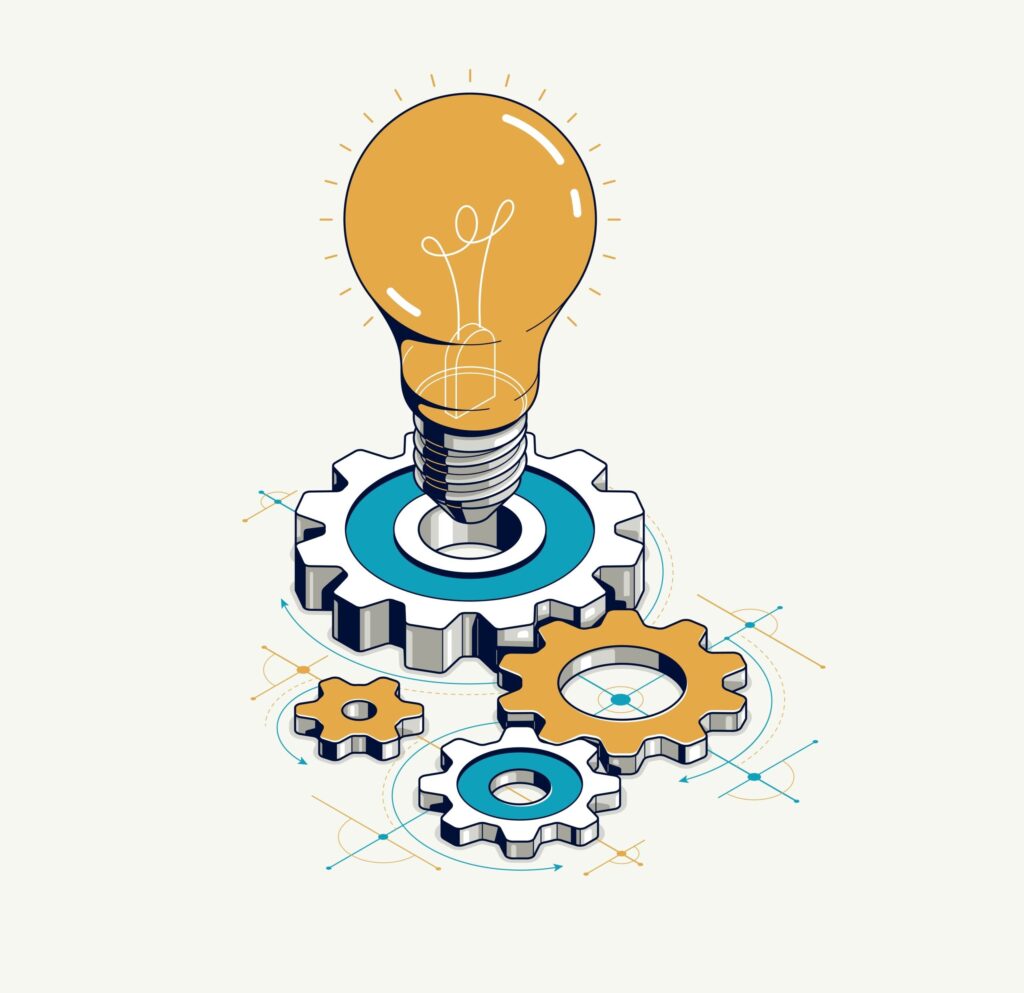
Sports fanatics are die-hard fans. They bellow and chest bump when their team is winning and fire the clicker across the room (emphasized by a high-pitched expletive) when the teams are losing.
They spend their hard earned dollars on team-branded merchandise and strut around wearing the items like badges of honor.
So when Labatt wanted to boost sales of its Labatt Blue and Blue Light bottled beer with a promotional impact program, it turned toward Detroit. The city made a good fit for two reasons: It is Labatt’s No. 2 market and is home to the Detroit Tigers, a team Labatt has sponsored for about four years.
The program had two goals, — to reward loyal customers and to motivate people to choose Labatt over other beers.
“We look big in the regions we play in, and we looked at how we could differentiate ourselves by doing things like promotional impact programs that our competitors can’t do, or can’t do as quickly,” says Dave Grohusko, brand manager for Labatt Blue and Labatt Blue Light.
Labatt worked with branded merchandise agency Bensussen Deutsch & Associates and also relied on a brand-neutral North American consumer study commissioned from IMI to understand purchase behavior and the effect of in-pack premium offers on purchase intent. The study unearthed that instant gratification was a strong factor and that nine times out of 10 consumers preferred a hat or T-shirt as a takeaway, he says.
Baseball caps won out for a number of reasons: perceived value, utility of the hats, fit with the brand, exclusivity and collectability.
“Of 50 promo items tested, baseball caps outranked T-shirts, although both items were considered relevant to our target,” Grohusko says. “[The caps] are a great perceived value. At the park, a major league cap would cost $20 bucks.”
So the rush was on to get the program in-market last season in time to take advantage of the home opener.
BDA created two versions of caps that included both the Labatt and Tigers branding. Some 43,000 caps were packaged with 24-packs of bottles of Labatt Blue and Blue Light to encourage buyers to purchase multiple cases to get both caps. Labatt choose bottle packs for two reasons: the cases provided the room necessary to include the caps and it wanted to increase sales of bottles versus cans. “It’s not just traditional media, it’s the ultimate engagement marketing,” says Jay Deutsch, CEO of BDA. “That’s what branded merchandise does.”
Pre-production samples were produced within two weeks and approved in one day.
Measuring the success of the program took a few forms. Labatt saw sales of the 24-pack bottles increase, but it also saw a major shift between sales of cans and sales of bottles. All of the promotional cases were purchased within just 45 days.
“You could argue that it cannibalized the can-pack, but the incremental increase in bottle sales made up for any can packs that we lost,” Grohusko says. Customers bought the more expensive pack to get the cap premium, and Labatt’s profit margin improved during the campaign.
Results showed that the Tigers promo pack gave Labatt an 11% brand lift over base line metrics. But it’s the long-term impact that holds the most intrigue. Tens of thousands of Labatt drinkers had been thanked for their support. Countless others bought the beer for the first time. Thousands of them will wear the hats, likely on a regular basis.
“We have consumers wearing these hats months if not years after the program ends, so this has a great residual effect and allows us to gauge loyalty,” Grohusko says. “A program like this plays out years beyond the in-market promotional impact. It’s stuff you can’t put a price tag on.”
The Promotional Product: Co-Branded Baseball Caps

The Cost: $1.60 to $1.70 (including shipping)
Quantity: 43,000
The Goal: Leverage a sports sponsorship/reward loyal customers
Promotional Products Distributor: Bensussen Deutsch & Associates, Inc. www.bdainc.com



